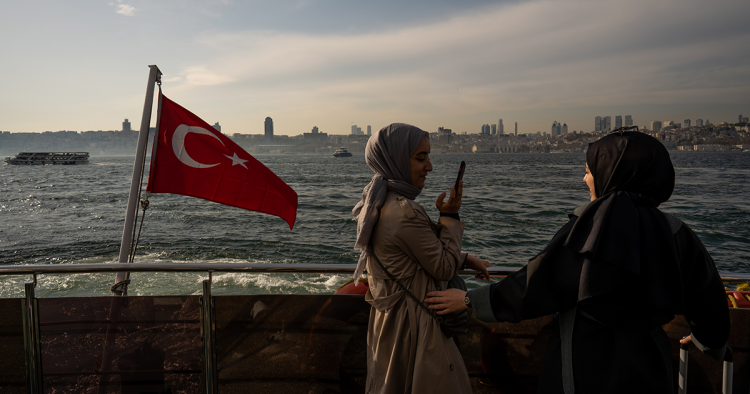Modern Türkiye (the official spelling of Turkey since 2021) sprang like a phoenix from the ashes in 1923, overcoming daunting odds. Its predecessor, the Ottoman Empire, had foolishly joined the war with the Central Powers in 1914 and naively thought its Arab subjects would remain loyal, only to have been utterly defeated and then dismembered. A rebellion led by the empire’s most famous war hero and leader, Kemal Ataturk, overthrew the last sultan, rejected an unjust treaty to divide up the country and repelled the occupying Allies. He established a contemporary republic based on popular will and modern law to begin a new history for the Turkish people. Born from the wreckage of war and national chaos, Türkiye now, one hundred years on, has become a formidable player on the global stage.
World War One witnessed four empires – the German, Austro-Hungarian, Russian, and Ottoman – disappear from history. Of the four, the Turks were the most severely treated by the European victors. Little of Germany and none of the Austro-Hungarian states were occupied. Türkiye was. The country also was originally forecast to become a League of Nations mandate, losing its sovereignty, a punishment not assessed against any other Central Power.
Continue reading in American Diplomacy
Photo by Erhan Demirtas/Bloomberg via Getty Images
The Middle East Institute (MEI) is an independent, non-partisan, non-for-profit, educational organization. It does not engage in advocacy and its scholars’ opinions are their own. MEI welcomes financial donations, but retains sole editorial control over its work and its publications reflect only the authors’ views. For a listing of MEI donors, please click here.












